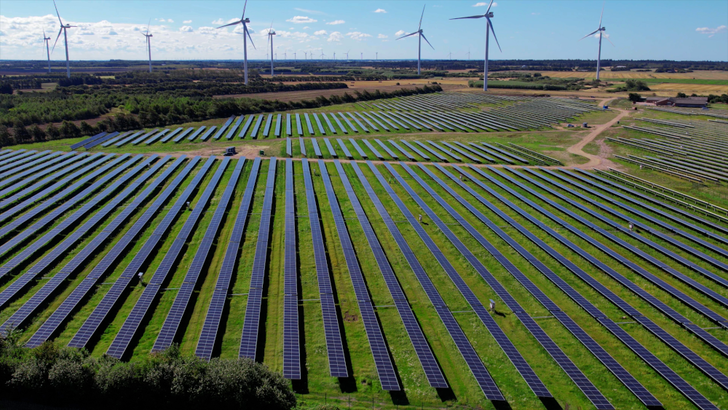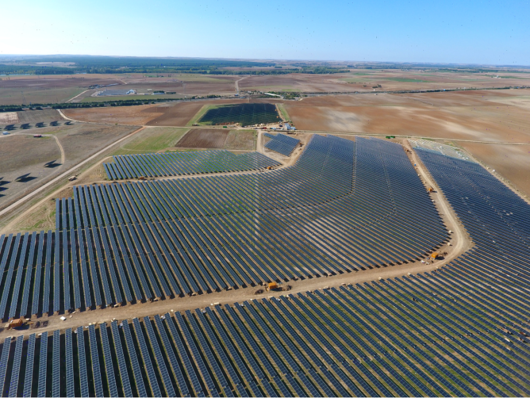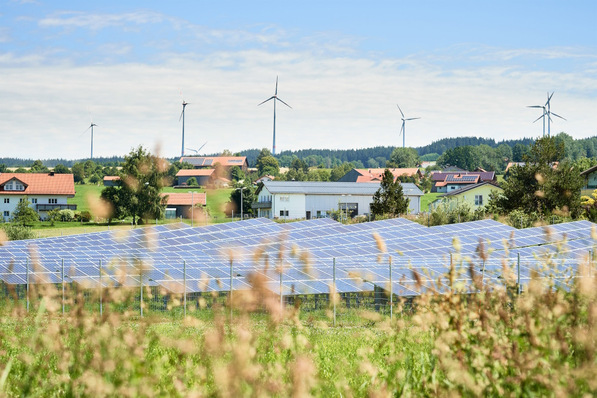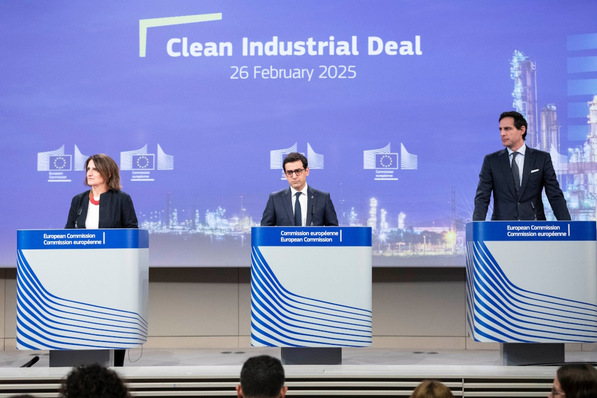Demand for power, however, remains low due to sluggish growth, deindustrialisation and mild weather. Stimulating demand for electricity will be paramount to ensure continued investments in clean generation, Eurelectric says.
Europe’s power generation is decarbonising at unseen pace. The latest figures from Eurelectric’s Electricity Data Platform, ELDA, show that 74% of electricity produced in the EU in the first half of 2024 came from renewable and low-carbon energy sources. This is a significant increase compared to the 68% share in 2023. The main reasons behind this remarkable result were an unprecedented influx of renewables on the grid combined with the stabilisation of the nuclear fleet.
Also see: Solar continues on its growth path – challenges remain
“The pace of change is impressive. These figures document that the decarbonisation efforts of electricity companies are years ahead of any other sector” - said Secretary General of Eurelectric, Kristian Ruby.
Provide the necessary investment signals for clean generation
While the numbers on the supply side are promising, the same cannot be said for electricity demand, Eurelectric says. In the first half of 2023 power demand in the EU decreased by 5.1% compared to same period in 2022 and has continued to remain low in 2024 – 4.8% lower than in H1 2022. This trend is mainly due to industry relocating abroad, warmer temperatures, energy savings and slow economic growth.
“Years of stagnation in electricity demand have now turned into a regular decline. Policymakers must urgently support the uptake of electricity to provide the necessary investment signals for clean generation”, added Kristian Ruby.
Also see: Double investments in power distribution or lose race to net-zero
To do so, Eurelectric is calling on the new Commission to propose an Electrification Action Plan within the first 100 days of its mandate, with a 35% indicative target for 2030 and a clear electrification indicator to be introduced in the national energy and climate plans (NECPs) of EU countries to monitor and deliver progress on the ground. Inaction could result in missing the EU climate targets, curtailment of renewable production and slowing down investments in the leading sector of the energy transition. (hcn)








